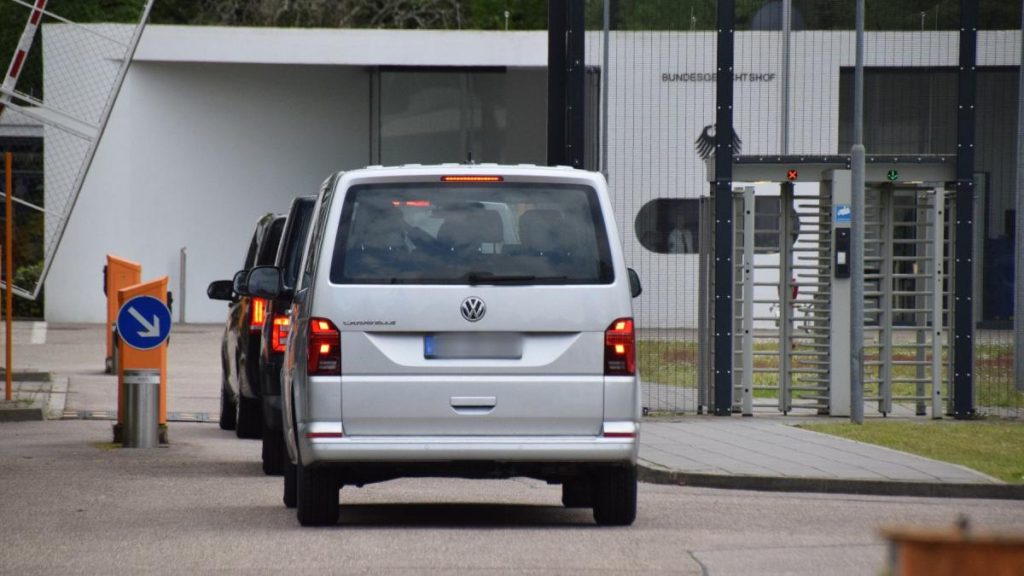The Federal Prosecutor’s Office in Germany has arrested three Germans on suspicion of spying for the Chinese intelligence service, allegedly involving the transfer of information on military technology. The two men and one woman were also negotiating a project to enhance China’s maritime combat capabilities. The suspects, Thomas R. and the married couple Herwig and Ina F., were detained in Düsseldorf and Bad Homburg, with their homes and workplaces searched. They are believed to have been working for the Chinese intelligence service MSS since at least the summer of 2022, with Thomas R. procuring information on innovative technologies for the MSS in Germany, and the couple assisting in establishing contacts with German researchers and facilitating collaborations.
In the initial phase, the suspects were involved in creating a study for a Chinese partner on the technology of machine parts relevant for powering ship engines, potentially in combat ships. The Chinese partner was backed by a member of the intelligence service, and funding supposedly came from the Chinese state. The suspects also reportedly acquired a special laser for China and exported it without authorization. At the time of their arrest, they were allegedly in talks on research projects that could benefit China’s maritime combat capabilities. Photos show Thomas R. attending conferences in China, and he has been linked to various projects and organizations focusing on German-Chinese technology transfer, including with the married couple in Bad Homburg.
The suspects were scheduled to appear before a federal judge following their arrest, with intelligence provided by the Federal Office for the Protection of the Constitution. The President of the BfV, Thomas Haldenwang, stated that the agency had been monitoring the suspects for some time, as cases of illegal proliferation involving countries like Iran, North Korea, Russia, and China are not uncommon. He emphasized the efforts to conceal such activities, including through fake business transactions and the use of intermediary companies for exports. The incident is seen as part of a broader pattern of espionage for China, which has raised concerns in Germany about the risk of technology transfer and collaborations with Chinese entities, including universities.
The case reflects a growing awareness of the risks associated with cooperation with China in Germany, as security agencies closely monitor collaborations in areas such as chemistry, optics, semiconductors, aviation, and quantum computing. Economic partnerships have sometimes been pursued without sufficient consideration for the potential leakage of critical knowledge. The incident involving the three arrested individuals is seen as part of a larger trend of espionage activities for China, highlighting the need for increased vigilance and scrutiny in partnerships with foreign entities to protect sensitive technologies and national security interests. The involvement of Germans in espionage activities on behalf of China underscores the importance of strengthening controls and oversight mechanisms to prevent unauthorized technology transfers and protect against potential security threats.















